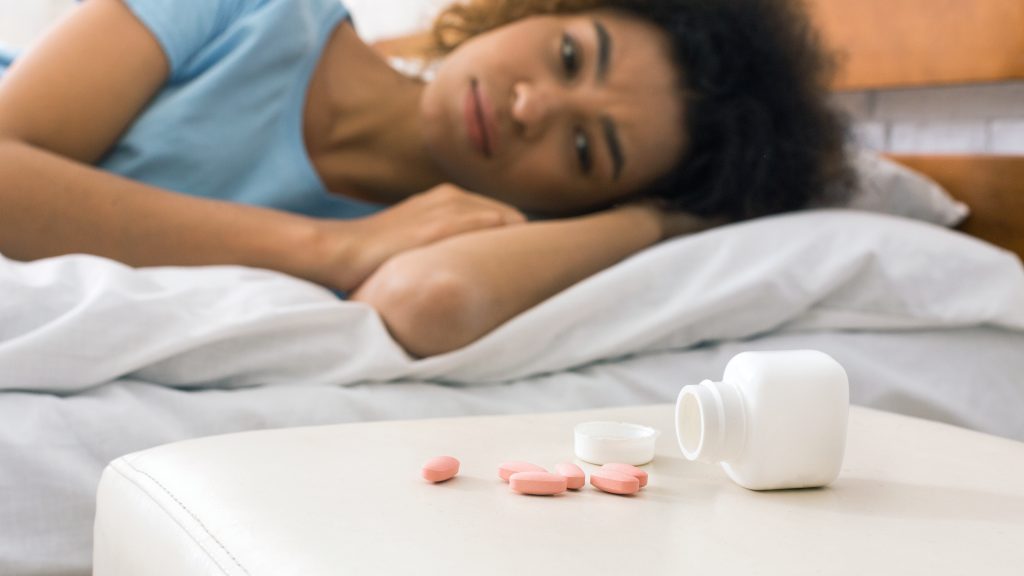

What’s Inside:
Discovering the boundaries of one’s own resilience often comes from experiences that shake us to our core. For me, that moment was surviving a sleeping pill overdose. It was a harrowing ordeal that thrust the dangers of prescription medication misuse into sharp relief. Through sharing my story, I hope to illuminate the risks associated with improper use of these medications, the symptoms and treatments related to overdose, and the potential long-term impacts on health.
The journey into that night began like any other evening, with the simple goal of getting some rest after a stressful week. However, my ongoing battle with insomnia tempted me to take matters into my own hands, ultimately leading to a decision that nearly cost me everything. In an effort to conquer sleeplessness, I ingested beyond the recommended dose of my prescription sleeping pills.
The sleeping pill overdose symptoms didn’t appear all at once; rather, they crept in insidiously. Initial drowsiness escalated to a staggering level of sedation that one wouldn’t normally associate with sleep. Confusion and a disorienting sense of detachment followed, making it difficult to even recognize the peril I was in. It was only due to the vigilance of a close friend that I received the help I needed in time.
Upon arriving at the emergency department, the sleeping pill overdose treatment commenced immediately. The medical team employed several methods to mitigate the drug’s effects and stabilize my condition. This included gastric lavage (commonly known as stomach pumping) to remove any unabsorbed pills from my stomach, administration of activated charcoal to absorb the remnants from my bloodstream, and intravenous fluids to expedite the detoxification process. Their prompt actions were instrumental in reversing the dangerous path I was on.
Once stabilized, I was haunted by this critical concern. However, the doctors informed me that while temporary symptoms like confusion and impaired cognitive functions are common during an overdose, sustained oxygen deprivation—hypoxia—could indeed lead to permanent brain damage. Fortunately, the swift medical response prevented this severe outcome in my case, but it underscored the seriousness of such a risk.
Post-recovery, I took the initiative to educate myself thoroughly about my medication. It turns out the safe dosage can vary widely based on the specific medication and individual health conditions but generally should not exceed 10 mg for most sleeping pills without doctor approval. Understanding the sleeping pills maximum dose guidelines is crucial to prevent misuse and the potential for overdose.
The overdose was a sobering experience that profoundly impacted my perspective on prescription drug use. It was a clear indication that while these medications can provide significant benefits when used correctly, they also possess the potential for great harm if misused. My ordeal has instilled a newfound respect for the guidelines set forth by medical professionals regarding any medication.
This experience has imbued me with a mission to advocate for awareness about the dangers of prescription medication misuse. If my story resonates with you, or if you are struggling with managing medication or substance use, I urge you to seek support.
At Uplift Recovery, we offer comprehensive assistance to those dealing with similar challenges. Our team is dedicated to providing the support and care needed to navigate the complexities of recovery safely. Contact us today at 866-979-5848 to learn more about how we can help you or your loved ones. Remember, taking the first step towards asking for help could be the wake-up call that changes your life for the better. Let us be part of your journey back to health.
